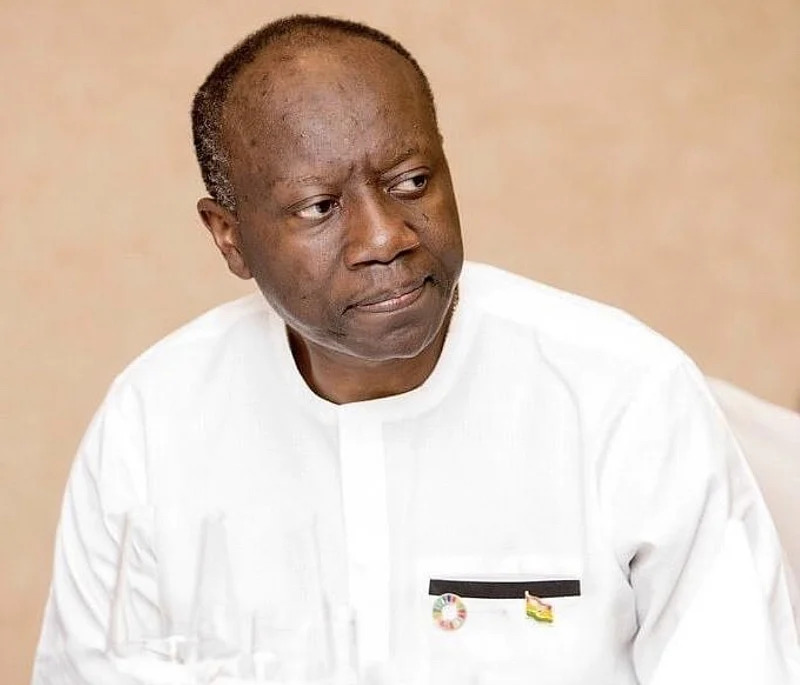According to Bloomberg, the government of Ghana will be considering obtaining $3 billion from the International Monetary Fund (IMF) over a period of three years upon reaching an agreement on a program.
According to Bloomberg’s website, the latest loan request was for twice as much money as the government’s initial target of $1.5 billion.
The amount is double what the West African nation was considering a month ago as it tries to shore up its finances and win back access to global markets. The funding would be provided over three years.
Bloomberg.
According to an IMF email answer to Bloomberg, it was too early to discuss the issue, and that the Executive Board of the Bretton Woods institution eventually had the final say in deciding the program for Ghana.
Since negotiations for the program are starting now, it’s too early to comment on the final form the program will take.
The Extended Credit Facility for low-income countries is the Fund’s main tool for medium-term support for countries facing protracted balance of payments problems, similar to Ghana’s. The duration of such an arrangement is between three to four years, and extendable to five years. The final program is ultimately decided by the IMF’s Executive Board.
International Monetary Fund (IMF).
The government reversed course on its first stance on July 1 and decided to seek IMF assistance despite the economic downturn.
On July 6, an IMF delegation arrived in Ghana and began negotiations with the government there for a program that would, among other things, restore macroeconomic stability and protect debt sustainability.
The government has consistently insisted that it will work with the IMF to come to an amicable agreement.
Standard and Poor’s (S&P) Global Ratings, an American credit rating organization, downgraded Ghana’s foreign and local currency sovereign ratings to CCC+/C from B-/B on Friday, August 5. This moved Ghana’s debt into a more speculative terrain.
Marketwatch.com said that S&P’s assessment of Ghana is still negative, “reflecting Ghana’s limited commercial financing options, and constrained external and fiscal buffers.”
The COVID-19 outbreak and the situation in Russia, according to S&P, one of the “Big Three” credit-rating agencies, have aggravated Ghana’s fiscal and external imbalances.
There is also demand for foreign currency that has been driven higher by several factors, including nonresident outflows from domestic government bond markets, dividend payment to foreign investors and higher costs for refined petroleum products.
S&P Report.

